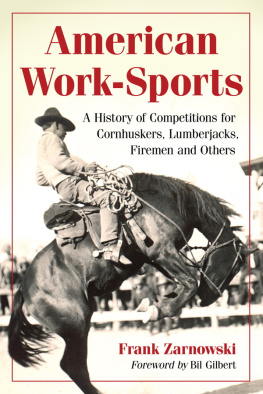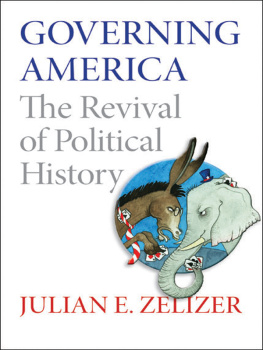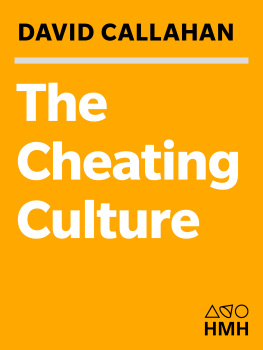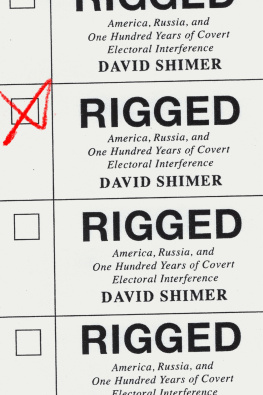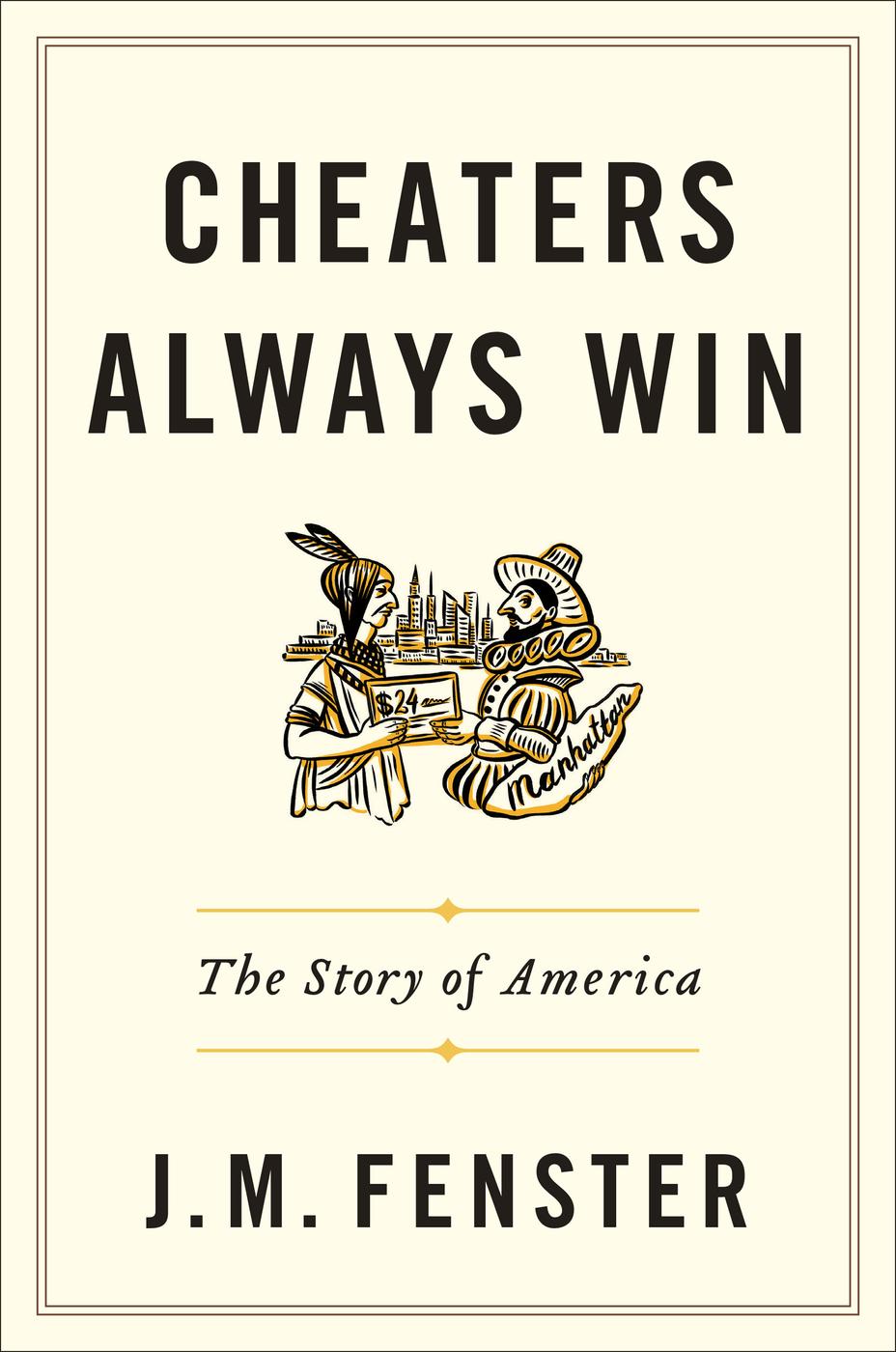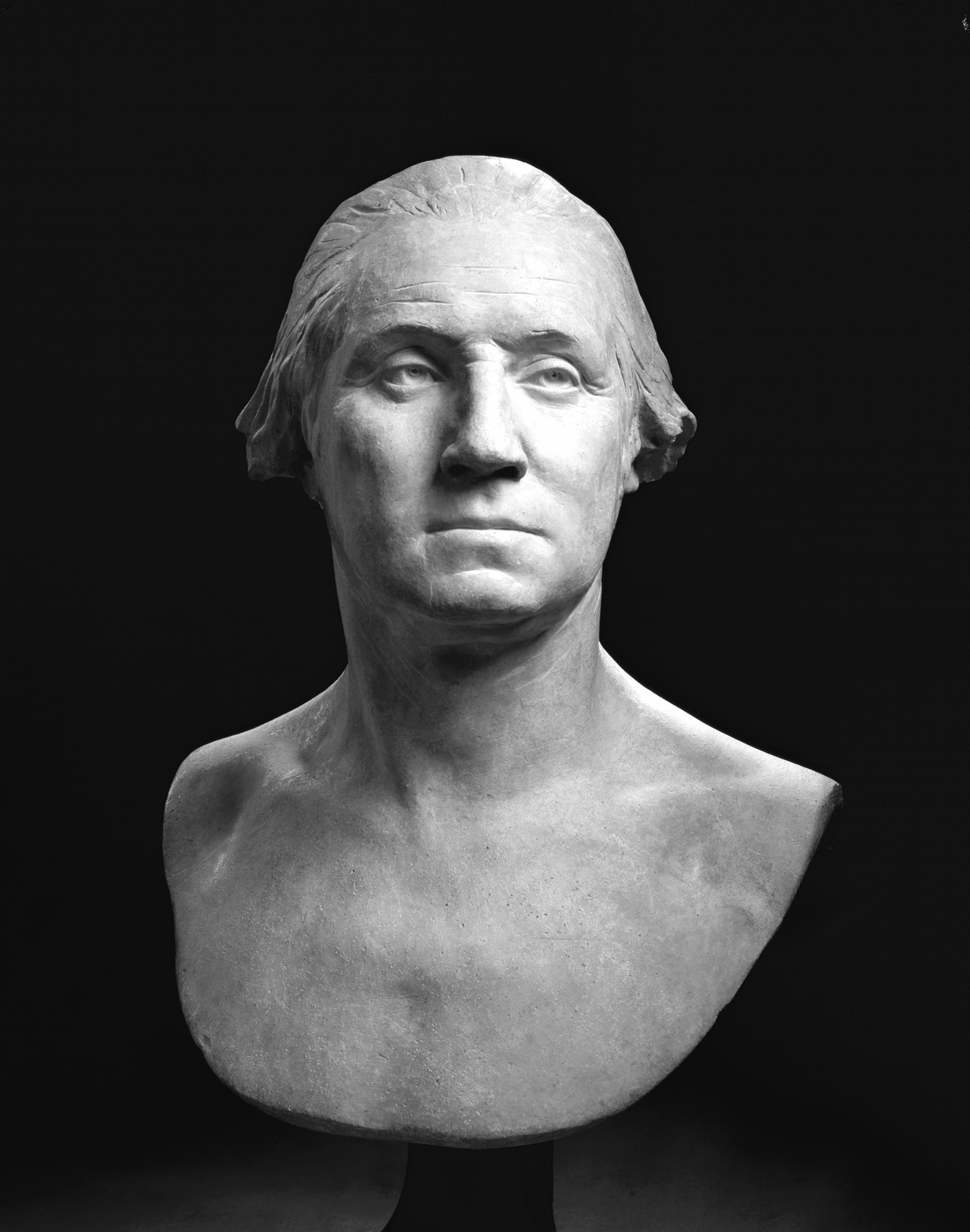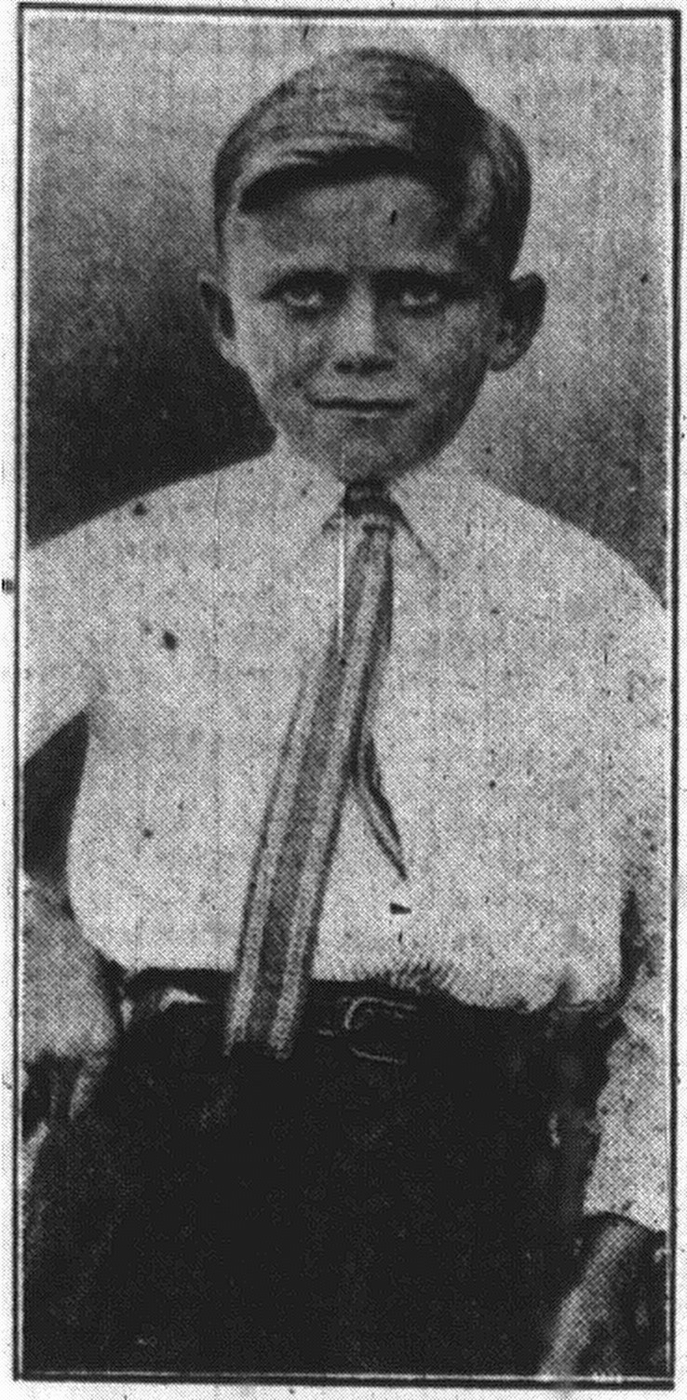W hen I set out to study cheating, I naturally told everyone I met about my new project and soon found that some people blushed red at the very sound of the word. Then I would blush, it being obvious that the other person had just inadvertently confessed something very intimate. Being a polite American first and an ace investigator second, Id change the subject as quickly as possible. One colleague to whom I mentioned cheating in the course of conversation still averts her eyes when we meet. Its all part of the uncomfortable excitement that surrounds cheating.
Acquaintances who took the news of my research in a smoother stride would typically ask why I had chosen that particular topic. Dogs dont cheat! was my reply. I was so emphatic about this kernel of life experience that Id repeat it, adding cats and horses: They dont cheat. My idea at the start was that humans are the only species that cheats, and because the possibility of it enters into their every endeavor, its central to the daily trial of being human: whether to cheat or not to cheat. Dogs, however, dont occupy the narrow space between those twin guide rails; only humans go through life ricocheting back and forth between the two, or else clutching one, while eyeing the other. Thats the human lot. And dogs dont cheat.
That was before I learned that I was entirely wrong. While still in the talking stage of this book, I played Fetch with my dog, Bisbee, one evening, just as always. He is a creature so pure-hearted that my big joke is that Jesus has a bumper sticker on his car that says, What would Bisbee do? I learned all at once that among other things, Bisbee would cheat. On the day in question, he stole the ball and suddenly turned Fetch into a different game, one called Lets-Make-the-Lethargic-Human-Chase-the-Dog-All-Over-the-House. The look on his face was the happiest Id ever seen. His eyes alive, his tail nearly slapping his sides. He had just realized that he was calling the shots. He didnt have to play Fetch; he had possession of the ball. His face shone with the bright rays of discovery. The first few times Bisbee changed the game, I went along, ever good-natured, and played Chase. On the day that I didnt, staying put and bellowing that he was a goddamned cheater, he ate the ball.
Bisbees point, which was incisive, was that he hadnt agreed to any particular game or any prevailing rules. My counterargument was that simply by participating in the first gameFetchhe had tacitly committed to that game, as well as its rules. Between our two views lay the aspect of cheating that is peculiarly human: the expressed acceptance of rules.
In the natural world, the one that embraces all species, including Bisbees, rules are only implied. Testing them to push for greater comfort or happiness isnt cheating; its behavioral evolution, a certain sign of life.
Humans may not be the only creatures to make up rules, but they are unquestionably the only ones who expect someone else to commit voluntarily and in advance to following them, preferably in writing. People take wedding vowsnobody makes them do that. They sign honor codes, though they will not starve to death if they dont. They enter into contracts to play sports, but only if they choose to. Some commitments may be slightly less explicit, but they are no less definite.
Ironically enough, agreeing to be bound constitutes the ultimate proof that a human is free. Consenting to follow a certain set of rulesvoluntarilyis an act of self-determination. When enslaved or bound in fiefdom, forced into an arranged marriage or strong-armed into a religious sect, a person cannot cheat. It isnt possible. They might behaviorally evolve, but they cant betray rules to which they didnt agree. They cannot cheat in the sense of interest to this book. Looking on the positive side of miserable circumstances, one cannot be a slimy, rotten hypocrite without first having a will of ones own.
Americans have that freedom. For their own benefit or that of the group, perhaps even that of the whole nation, an individual enters into covenants of various stripes. The covenants describe the individual. A Southern Baptist, for example. A point guard in college basketball. A marathon runner, a bass fisherman, a sophomore at college. A member of the Saturday night bridge gang. A spouse. In the natural world, happiness may be something slowly won. In the human world, each covenant taken in advance brings comfort and happiness likewise in advance, from an arrangement warmly accepted.
Looking on the negative side of civilized circumstances, however, people who have a will of their own can be slimy, rotten hypocrites. Perhaps that is not news to you.
Individuals commonly have to decide what they absolutely swear they will do and what they promise with equal sincerity they will never do. Whatever activity it covers, that covenant beckons to hypocrisy. And then cheating.
The cheating to be dragged out of the shadows in this book covers a range of examples: from marital infidelity to business fraud, to school cribbing to sports deception. While some of the cheaters ended up in jail, laws are not the rules that underlie everyday cheating. The fear of getting arrested by the police is very different from the unthinkable cataclysm of getting caught by someone one knows personally. Tax cheating, for example, is not emphasized in the book as much as flower-show cheating. Both emanate from the same priority on self-interest. The finer point is that native-born Americans never specifically agree to abide by laws. Just as in the South before the Civil War, people in certain pockets of the backcountry today contend that they dont have to follow laws they dont like. This nullification, as it was once called, gives zealots an out, at least where their sense of honor is concerned. They may be crooks, moonshiners, and tax holdoutsbut they arent cheats. Neatly sidestepping a discussion of the individual in democracy (and whether representation itself conveys a covenant), I hold that breaking the law is not necessarily cheating.





